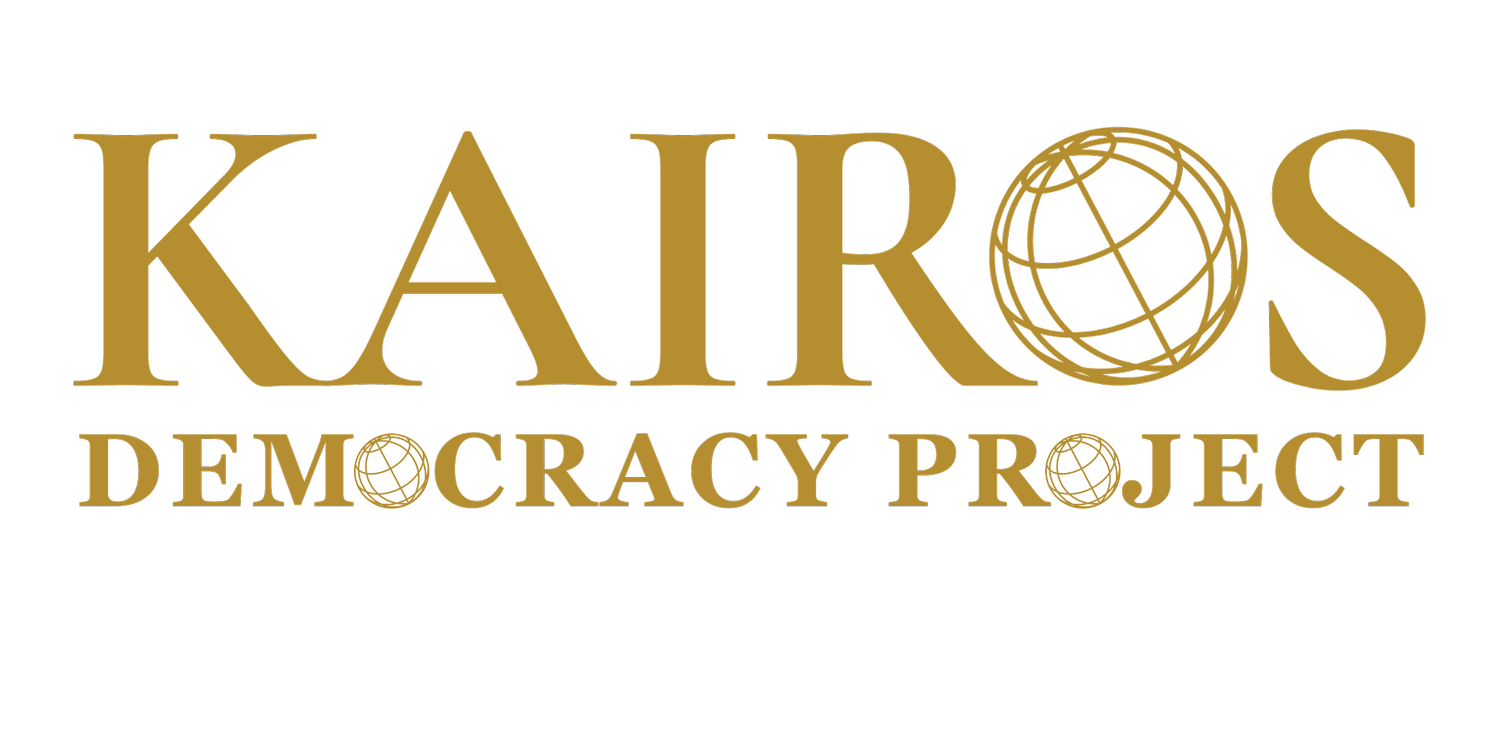Democracy Silenced: When Corporations Own Your Conversations
April Avant
Democracy lives and dies by dialogue. Without meaningful conversation between citizens and their institutions, the democratic experiment fails. Today, this foundational dialogue faces twin threats: the dismantling of consumer protections and the corporate harvesting of our most private conversations.
Gutting Consumer Protection
The Trump administration's termination of over 1,400 Consumer Financial Protection Bureau (CFPB) employees—leaving just 200 at an agency that has secured nearly $20 billion in consumer relief—isn't simple downsizing. It's the deliberate removal of citizens' recourse against corporate abuses.
As CFPB leadership "deprioritizes" oversight of medical debt, student loans, consumer data, and digital payments, Americans lose protection precisely where they're most vulnerable. Emily Peterson-Cassin of the Demand Progress Education Fund puts it bluntly: they're "systematically gutting all efforts to protect service members, and all Americans, from fraud and scams while simultaneously letting Wall Street, Big Banks and Big Tech off the hook."
When they claim to be 'streamlining' agencies like the CFPB while specifically targeting data protection functions, they're creating a permission structure for unchecked data harvesting. The 'personalization' they promise is actually a prison - one where your own data is used to predict, manipulate and monetize your behavior without compensation. We need stronger consumer protection, not weaker. The attempted gutting of the CFPB is YET, another warning we cannot ignore.
The Corporate Data Mine
While regulatory protections vanish, corporations like AT&T (through Ingenio) are amassing data from 45 million consumer-advisor conversations—mapping our collective vulnerabilities and decision-making patterns. This data trains AI systems that will eventually replace the very workers who collected it, creating what the "Dark Patterns" series calls a "troubling double extraction."
When companies can sell genetic data from 15 million people in bankruptcy proceedings "like office furniture in liquidation" (as with 23andMe), our personal information isn't being protected—it's being commodified.
Digital Servitude: Workers as Unwitting AI Teachers
This corporate data harvesting becomes even more troubling when we consider its impact on workers. Employees aren't just losing jobs to automation—they're being forced into becoming unwitting teachers for the AI systems that will replace them. Companies extract decades of specialized knowledge and human judgment from workers without compensation, then discard those same employees once their expertise has been digitized.
This pattern echoes disturbing historical precedents of exploitation. As the "Dark Patterns" series notes, "Companies convert employee expertise into AI systems without proper compensation," while implementing a "silent workforce transition" where "jobs disappear incrementally, avoiding the headlines of mass layoffs." Workers teach their digital replacements under the guise of improving efficiency, unaware they're participating in their own professional obsolescence.
This isn't progress—it's a new form of digital servitude where human knowledge becomes corporate property without consent or compensation. Similar to how private equity firms like Alpine Investors behave as "digital age Dutch Trading Companies," modern tech corporations extract value from both consumers and workers simultaneously, treating human experience itself as a resource to be mined.
Engineered Addiction: Digital Shackles by Design
The exploitation extends beyond data harvesting into deliberate addiction engineering. Our smartphones—now essential tools for modern life—are meticulously designed to be difficult to put down. From colors and sounds to "pull to refresh" features inspired by slot machines, every aspect is crafted to create dependency.
According to recent surveys, 50% of Americans now spend 5-6 hours daily on their smartphones. After work and school, many remain locked to screens until bedtime, repeating the cycle endlessly. This isn't accidental—it's by design. Social media platforms, mobile games, and betting apps employ sophisticated psychological techniques to maximize engagement, regardless of human cost.
This engineered addiction serves corporate interests in two ways: it generates more behavioral data for harvesting while ensuring continued engagement with platforms designed to extract value from users. The result is a population increasingly unable to disconnect from systems that monitor, analyze, and monetize their every interaction.
The China Red Herring
Defenders of deregulation and corporate data mining frequently invoke China as justification. The argument suggests that regulatory oversight hampers American companies competing with Chinese counterparts, and that domestic data collection somehow shields us from foreign surveillance.
This argument fundamentally misunderstands data security. When companies harvest and sell our most intimate information without meaningful consent, they're not protecting us—they're creating new vulnerabilities that threaten both individual privacy and national security.
As the "Dark Patterns" series notes, "This isn't just a privacy issue—it's a human rights issue. If we don't control how AI handles our most personal thoughts, we risk losing control of our own minds." The irony is stark: while claiming to protect Americans from foreign threats, we're building systems of domestic surveillance that undermine the very democratic principles we claim to defend.
The Hidden War Against Your Digital Self
What few understand: When companies strip-mine your data while agencies like the CFPB are gutted, they're not just violating privacy—they're creating digital copies of your consciousness that will outlive your employment and soon replace your judgment. Your digital twin is being built without consent, then weaponized against you. I've witnessed this firsthand—my own struggle with digital addiction cost me $2.2 million to platforms engineered like digital fentanyl, designed to hijack brain chemistry while harvesting my vulnerabilities. This isn't just business—it's digital colonization.

